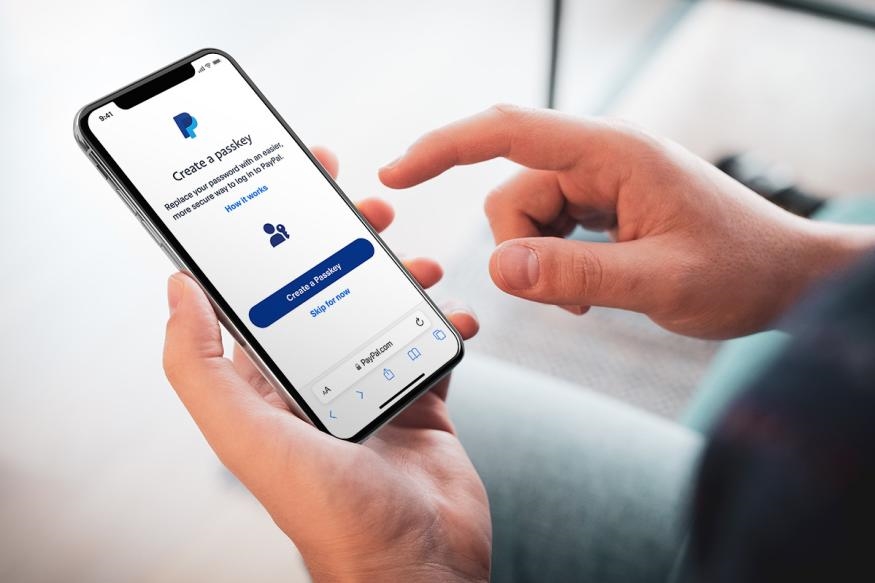PayPal adds passkey support in the US for easier logins and check outs
PayPal has started rolling out passkeys for users in the US, on the same day Apple is bringing the technology to its computers and tablets with macOS Ventura and iPadOS16. That means you’ll be able to log into your PayPal account without having to type in your credentials, which in turn makes its quicker to check out your online shopping carts. PayPal says the option will first be available to users with iPhones, iPads and those visiting its website on Macs, but it will expand to additional platforms as they add support for the technology. Google released initial passkey support for Android and Chrome earlier this month and will launch the stable version, as well as an API for native Android apps, later this year. PayPal will also make passkeys available in other countries starting in early 2023.
Passkeys use your biometrics to log into your accounts, but it’s different from using your face or or fingerprints to auto-populate username and password boxes. With passkeys, you become the login. When you activate the option for an app, it creates a cryptographic key pair associated with your account. One of those keys is public, and that’s what apps and services save to confirm your identity. The other key is private and is only stored on your devices, so hackers can’t steal them if they ever get into the servers of apps you use. Apps and websites that support passkey then match the public key they have with your private key to make sure that it’s you who’s logging in.
You can switch the feature on by logging into your account with a browser on desktop or mobile — the old way, with your user ID and password — and then choosing “Create a passkey.” After you authenticate using Apple Face ID or Touch ID, your passkey will be automatically generated. And since passkeys are synced with iCloud Keychain, you only need to do that once. If you’re logging into your account on another device that doesn’t have passkey yet, you’ll have the option to generate a QR code after entering your user ID. You can then scan that QR code with an iPhone that does support passkey to be able to log in.

(46)
